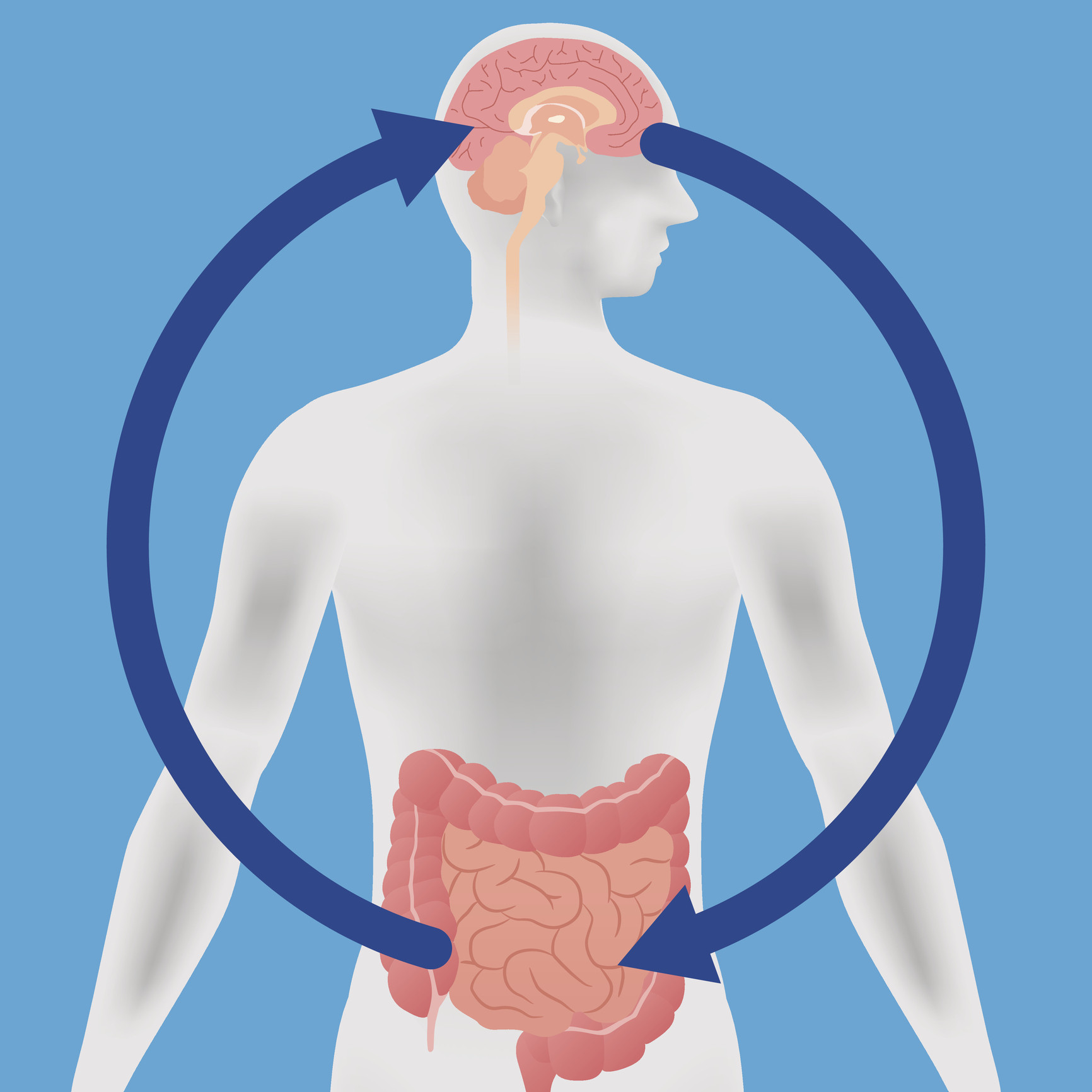
How does prostate cancer treatment affect mental health?

5 timeless habits for better health

What are the symptoms of prostate cancer?

Is your breakfast cereal healthy?

When pain signals an emergency: Symptoms you should never ignore

Does exercise give you energy?

Acupuncture for pain relief: How it works and what to expect

How to avoid jet lag: Tips for staying alert when you travel

Biofeedback therapy: How it works and how it can help relieve pain

Best vitamins and minerals for energy
Mental Health Archive
Articles
Feeling okay about feeling bad is good for your mental health
A trio of studies investigated the connection between the ability to accept the negative emotions generated by stressful situations and a person’s long-term psychological health.
How you deal with pain goes a long way toward relieving it
When you live with physical pain, changing your reaction to it can help you better manage discomfort and obstacles.
Image: © filipefrazao/Thinkstock
Dealing with chronic physical pain, no matter the source or severity, is a constant challenge, but sometimes the emotional pain that comes with it can be just as trying. In fact, more than half of people with pain feel they have lost control of their lives, according to the American Academy of Pain Medicine.
"In general, men tend to be less verbal about seeking help with their physical pain," says Dr. Ellen Slawsby, director of pain management at the Benson-Henry Institute for Mind Body Medicine at Harvard's Massachusetts General Hospital.
To the point: Here’s what parents should know and do about Netflix’s To the Bone
A Netflix original movie about a young woman’s struggle with anorexia nervosa is raising questions among parents about whether the movie might glamorize the disorder, and how best to talk to children about this topic.
Midlife depression probably not a risk factor for dementia
In the journals
A study published online May 17, 2017, by JAMA Psychiatry found that while depression symptoms later in life were associated with dementia, having symptoms in midlife was not. The findings indicate that depression may not be a risk factor for dementia as previously thought, according to the researchers. In the study, about 10,000 people (two-thirds of them men), ages 35 to 55, were recruited and followed for 28 years. Those who reported chronic or recurring depression symptoms at the study's beginning did not show a significant increased risk of developing dementia by the study's end. However, those who reported depression symptoms within the final 11 years of the study were twice as likely to be diagnosed with dementia.
The researchers said that if depression symptoms were a true risk factor for dementia, there would be an association with people who had symptoms earlier in life and not just later. They concluded that depression later in life instead might be an early sign of dementia.
Exercise today, look better tomorrow (really)
A small study supports the idea that exercising improves body image, whether or not the activity leads to any visible change in appearance. This suggests that additional research examining different types of exercise, and the long-term psychological effects of physical activity would be valuable.

How does prostate cancer treatment affect mental health?

5 timeless habits for better health

What are the symptoms of prostate cancer?

Is your breakfast cereal healthy?

When pain signals an emergency: Symptoms you should never ignore

Does exercise give you energy?

Acupuncture for pain relief: How it works and what to expect

How to avoid jet lag: Tips for staying alert when you travel

Biofeedback therapy: How it works and how it can help relieve pain

Best vitamins and minerals for energy
Free Healthbeat Signup
Get the latest in health news delivered to your inbox!
Sign Up











